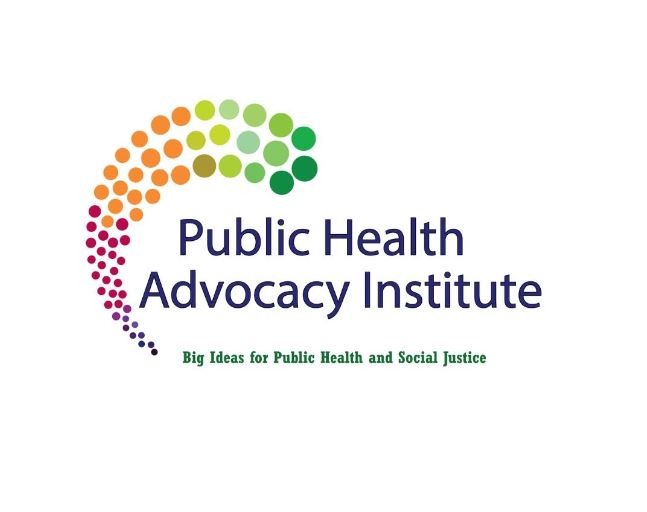
The Public Health Advocacy Institute (PHAI) announced Wednesday that it has filed a lawsuit asking the Massachusetts Superior Court to issue a Mandamus Order against the Massachusetts Gaming Commission (MGC). The PHAI cites the Commission’s failure to meet its obligations under Section 97 of the 2011 Expanded Gaming Act.
MGC is required to collect behavior data from casino operators under Section 97 of the 2011 Expanded Gaming Act
Under Section 97 of the Expanded Gaming Act, the MGC is required to collect behavioral data from casino operators and share anonymized customer data with researchers.
According to the news release, this data is essential for analyzing which specific “casino practices are causing harm, who is being harmed, and what the casinos” and the MGC can do to reduce problem gambling.
The MGC has been subject to the legal requirement to collect this data since its formation in 2011. However, more than a decade later, the Commission has yet to collect a single piece of data from any licensee or make any data available to researchers.
The PHAI is seeking a court order that would require the Commission to start collecting the data.
PHAI President and Northeastern University Distinguished Professor of Law, Richard Daynard, said: “Not only should this casino data have been made available years ago, but this is exactly the kind of data requirement that should be imposed on sports gambling, which has exploded here in the past 20 months.
“At PHAI, we look forward to working with the Massachusetts legislature to ensure that a similar statutory obligation is imposed on sports gambling operators here in the Commonwealth.”
Public Health Advocacy Institute hopes Massachusetts lawmakers will push to better regulate gambling in the Bay State
Dr. Harry Levant, PHAI Director of Gambling Policy, added: “As a researcher exploring the public health impact of gambling, I know that anonymous player data has the potential to give us ways of reducing the harm that casino products can cause.
“The lessons that this data might teach us would be important to better regulate gambling in Massachusetts and wherever these casino games are available.”
Furthermore, the court complaint filed by PHAI attorneys Andrew Rainer and Jacob Wolk highlights that Massachusetts’ data-collection requirement “represents a first-in-the-nation commitment to compile critical data about how gambling customers are put at-risk for harm.”
Rainer and Wolk also said that the Commission “has failed to comply with its unambiguous statutory obligation to collect this data from the casinos and provide it [to] qualified researchers.”
The MGC will now have 20 days to file a response to the lawsuit, explaining why a Mandamus Order should not be issued.
Last month, PHAI was also involved in the introduction of the SAFE Bet Act, the first federal legislative initiative to address the vast public health implications of mobile sports betting since its legalization in 2018.